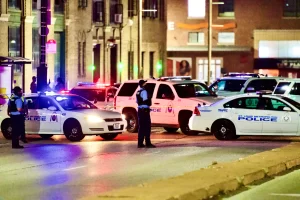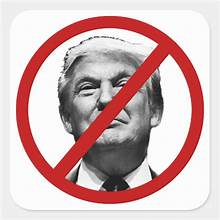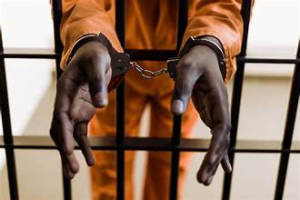Posted at the St. Louis American, August 27, 2015
“Everyone is crying out for peace, yes
None is crying out for justice.”
The above are lyrics from reggae artist Peter Tosh’s song “Equal Rights.” The song comes to mind when I hear families’ unspeakable pain after violence has taken a loved one.
I would change Tosh’s lyric to:
“Everyone is crying out for peace, yes
But most are not working for justice.”
#BlackLivesMatter has become a powerful banner to wave in the face of racist oppression and repression. It’s also a coalescing space for those who want to work to make Black Lives Matter on many fronts.
Yes, we hear the variation of cries to “Stop the Violence,” but often there’s no action plan as to how to stop it, no discussion about the roots of the violence, no agreement on who’s the main perpetrator of the violence. A thousand chants into the stratosphere or, in the words of Sweet Honey in the Rock, mothers “crying tears that fill a million oceans” will not bring us the peace we so desperately seek. We must actually do the work for justice in a tangible and meaningful way.
Recently three families experienced the death of loved ones by violence. They all called out in pain, confusion, anger and frustration to the social forces engaged in racial justice work.
St. Louis Alderman Jeffrey lost his 23-year-old nephew Rashad Farmer to gun violence. His initial response was to ask, “Who’s going to protest this death?” – referring to the community outcry in the cases of Mike Brown, VonDerrit Myers, etc.
The black St. Louis cop who was shot as he sat in his car questioned why he “didn’t hear any politicians, any clergy, no one reached out to me on any hashtag.” The officer’s wife also took to Facebook asking if her husband’s black life didn’t matter because he was a cop. The officer survived his injuries.
Zachary Hammond is a white 19-year-old youth who was gunned down by Seneca, South Carolina police during a so-called drug stop. The initial autopsy showed Hammond’s bullet wounds were from the side and back, contradicting the police report, which says that the teen was fired on as he tried to run over police with his car. Hammond’s family and attorney also asked the rhetorical question as to where the protests were for Zachary’s killing.
These acts of violence did not occur in a vacuum and were different from each other, yet all the families invoked the support of the #BlackLivesMatter movement in their hour of need. But this movement is not a panacea for resolving all the racist injustices in the U.S.
The Ferguson Rebellion peeled back systemic violations of human rights, not just in Ferguson or North County but in the St. Louis region and nationwide. This energy connected with other urban communities experiencing identical injustices. Very quickly the demands for accountability by the Three P’s – police, politicians and preachers – and beyond were voiced. Our community needs to see them unapologetically advocating for the rights and dignity of black folks in a visible way.
The Ferguson Movement has called for greater accountability of all those who are part of the oppressive system, whether that role is aggressive or passive, whether you’re just a cog in the system or whether you’re actively propping it up. The violence that results from that system can come from the barrel of a gun or from the stroke a keyboard. The layers of violence are heavy upon us and must be dismantled.
Black cops need to be standing up and speaking out against police terror. Black elected officials need to take the power given to them by the people to actively fight for better jobs, better schools, better housing and better health care. Black faith leaders need to use their pulpits to educate and activate their congregations to be change agents in those fights. Black youth need to see us fighting for their lives, even when it seems like they don’t care about us or themselves.
White communities need to be working aggressively in solidarity with efforts to make the system accountable to black people. When this doesn’t happen in a quantitative way, the problem can spill over into white communities, especially white working-class communities. The best example is the drug epidemic that was imposed on black communities; drugs don’t bother with color or class, they just claim victims. Basically, whites saw it as a “black” problem – until it invaded their tranquil neighborhoods. Now, heroin is moving with a vengeance into white suburbia.
Black Lives Matter not because of a hashtag but because it is a fundamental affirmation of humanity. Black people and our allies have been and are fighting to make it so. Our black lives are affirmed when we consciously and intentionally work to affirm all black lives, regardless of their employment (or lack thereof), their education, their title, their criminal record or where they live.
Any justice-loving person can be a part of this movement for making Black Lives Matter. You don’t have to wait until injustice knocks on your door. I do believe the only requirements for joining the movement are compassion for humanity and commitment to transform a racist system. We must build a big, broad, effective movement. The membership is always open – step on up.



